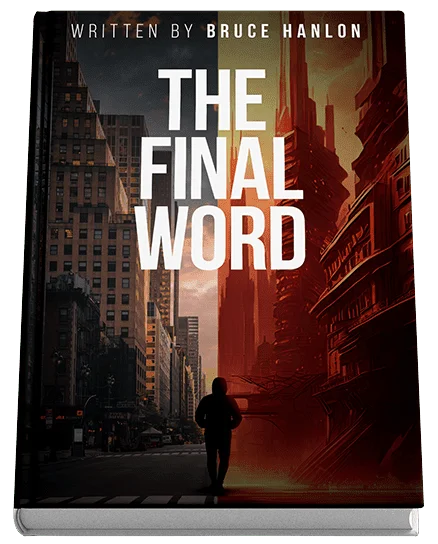Conspiracy themes have captivated readers for centuries. From hidden plots to shocking revelations, literature has long been a vehicle for exploring secretive agendas, hidden truths, and the mysteries that lie beneath the surface of our everyday lives. These stories offer more than just entertainment; they provoke thought, challenge perceptions, and ask important questions about trust, power, and control.
The Appeal of Conspiracy Stories
What makes conspiracy-driven literature so compelling? Part of the allure is its ability to tap into our natural curiosity about what is hidden from plain sight. Whether it’s a government cover-up, a corporate conspiracy, or a shadowy figure pulling the strings behind the scenes, these stories often keep us on the edge of our seats, wondering if we, too, are missing something. This theme plays on the idea that there are always forces at work beyond our knowledge, influencing events in ways we can’t understand.
Hidden Agendas and Power Struggles
At the heart of many conspiracy narratives is the idea of hidden agendas. Characters uncover secrets that reveal deep-rooted power struggles, with those in charge trying to manipulate or control the situation. These stories often depict ordinary people who stumble upon these dark secrets and must navigate a world where nothing is as it seems. The conspiracies could involve government surveillance, corporate corruption, or secret societies. In these cases, the conspiracy theme highlights the tension between those who seek the truth and those who want to suppress it.
Shocking Revelations and Twists
One of the defining elements of conspiracy fiction is the shocking revelation. Often, the story builds slowly, leading the reader to question what’s real and what’s not. Just when the reader thinks they have everything figured out, the narrative takes a dramatic turn, revealing a deeper layer of conspiracy that changes everything. These twists keep the reader engaged, as they constantly reevaluate what they know about the characters and the world they inhabit.
Conspiracy as a Mirror of Society
Beyond the excitement and suspense, conspiracy themes in literature often act as a mirror for society. They question the trust we place in institutions, leaders, and systems. By exposing the darker side of power structures, these stories encourage readers to think critically about the world around them. In doing so, they challenge assumptions and highlight the potential dangers of unchecked authority.
So, the next time you pick up a book that promises shocking revelations and shadowy secrets, prepare for a thrilling ride that may leave you questioning everything. In the world of conspiracy literature, the truth is never straightforward—and that’s what makes it so irresistible.

The Final Word by Bruce Hanlon: A Perfect Fit for Conspiracy Enthusiasts
If you’re a fan of the conspiracy theme, The Final Word by Bruce Hanlon is a must-read. Place an order for the book’s intricate plot and hidden agendas, it masterfully blends suspense and revelation, making it a perfect fit for anyone intrigued by the secretive world of conspiracies.
